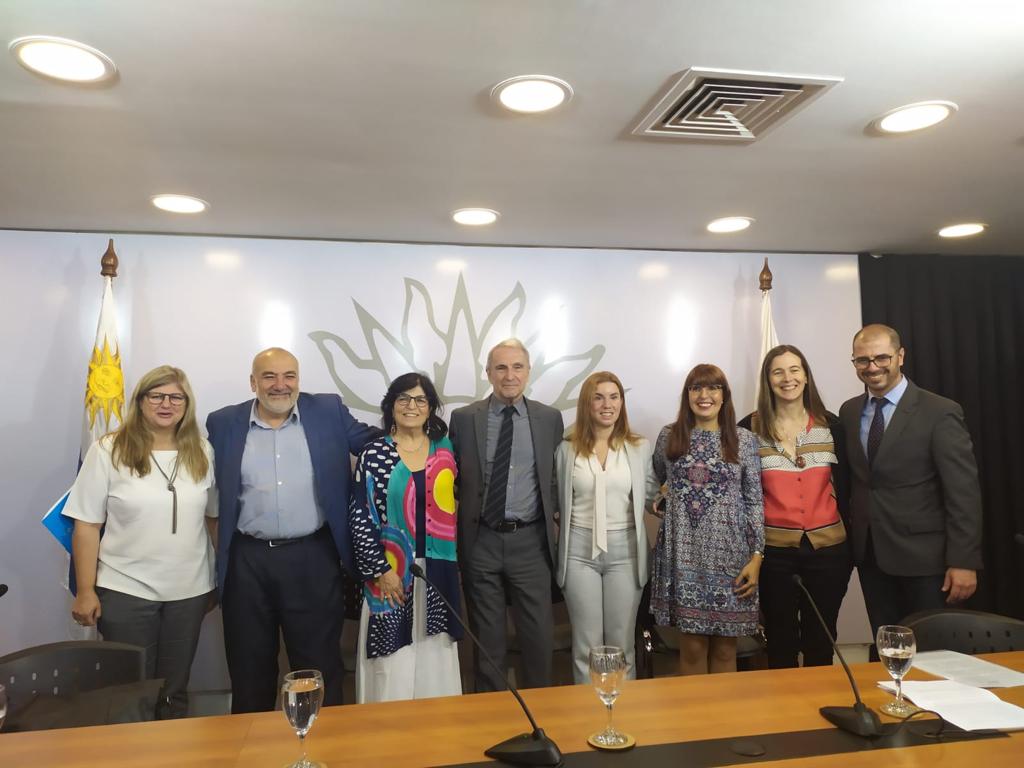Montevideo hosted a series of workshops on inclusive and equitable education as part of the support action of the EUROsociAL+ Programme for the National Public Education Administration (ANEP), coordinated by the IILA area of social policies

Workshop held in Montevideo with the ANEP and AUCI
Following UNESCO guidelines and the World Education Agenda 2030, which suggest countries make an effort to review, evaluate and improve with a view to removing obstacles in schools and ensuring that no one is left behind, the Social Policy Area of the EUROsociAL+ Programme is working together with Uruguayan authorities on the development of different instruments to establish an inclusive and fair education system there; one in which everyone counts, and counts equally. Spain’s ONCE Social Group and a small number of international experts have come together to collaborate in designing strategies based on best practices in other European and Latin American countries: Mel Ainscow from the United Kingdom, Maribel Campos from Spain, Cinthya Duk from Chile and Natalia Guala from the ONCE Social Group
“All children matter. And all children matter equally” Mel Ainscow, emeritus professor at the University of Manchester and author of the UNESCO 2017 Guide to ensure equity and equality in education, repeats as a mantra, echoing a concept closely linked to the inclusion of children with disabilities, but which Ainscow invites those present to expand to encompass vulnerable children everywhere by paying special attention to them.
The exchange week ended with a public presentation of the main advances of this proposal by Wilson Netto, president of the Central Executive Council of the ANEP; Juan Andrés Roballo, Deputy Secretary of the Presidency of Uruguay; Natalia Guala on behalf of the ONCE Social Group; and Virginia Tedeschi on behalf of the Social Policy Area of EUROsociAL.



